

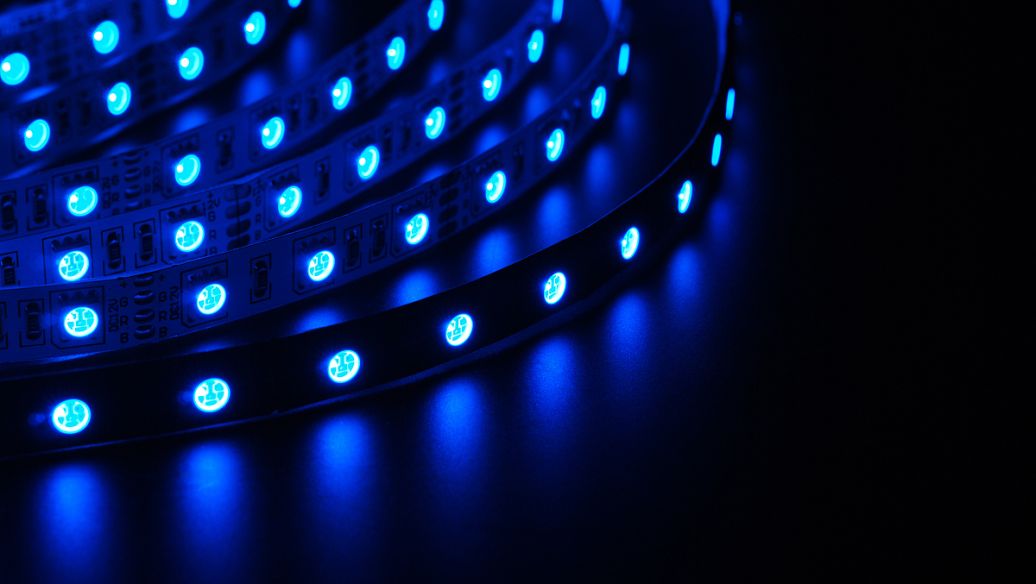
Nowadays, there are many products involving infrared rays, and infrared receiver tubes are basically used. Infrared rays are invisible and intangible light with the naked eye. The wavelength is between microwave and visible light. Many people are very curious about it. It is magical to people. My life has brought many surprises. The copier makes work more convenient, the car wiper makes the field of vision clearer and so on. 1. The structure of the infrared receiving tubeThe structure of the i
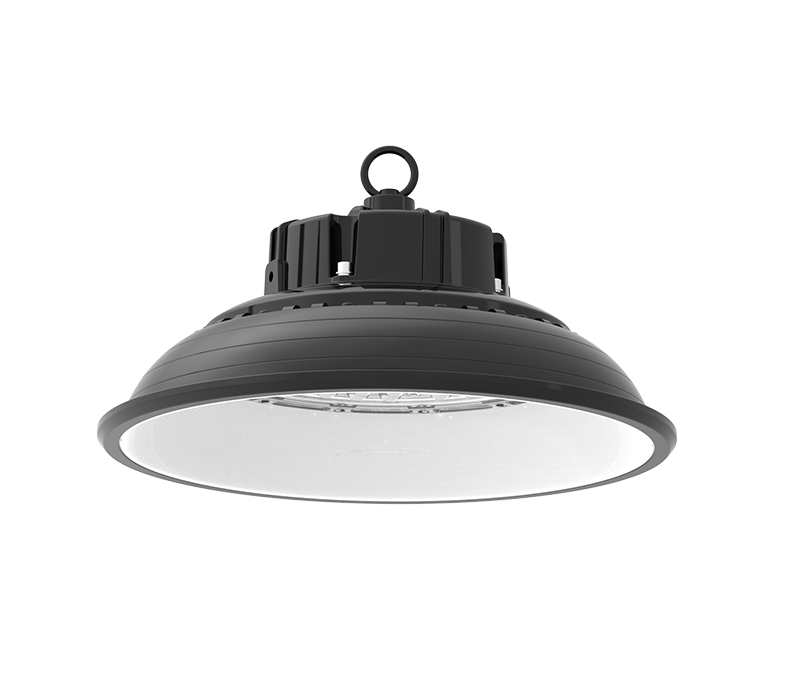
The solid-state ultraviolet detectors with silicon carbide avalanche photodiodes as the core have broad application prospects in flame detection, astronomical research, corona detection and even missile plume detection. But what is the array like? Next, the editor will give you some relevant knowledge. Although scholars at home and abroad have conducted extensive research on 4H-SiC-apd for UV detection, in recent years, most of the research work has focused on discrete devices. The characteris

I believe that all the friends who play with the computer have gone to take a look at the host, and then they will find that there are two places where the cooling fan can be installed. The front one is usually at the hard drive bay, and the back is usually under the power supply and above the keyboard port. Some cases have 1 or 2 fans installed at the factory. When the direction of the case fan is correct, the front fan (at the hard disk) blows toward the inside of the case, the side fan blows
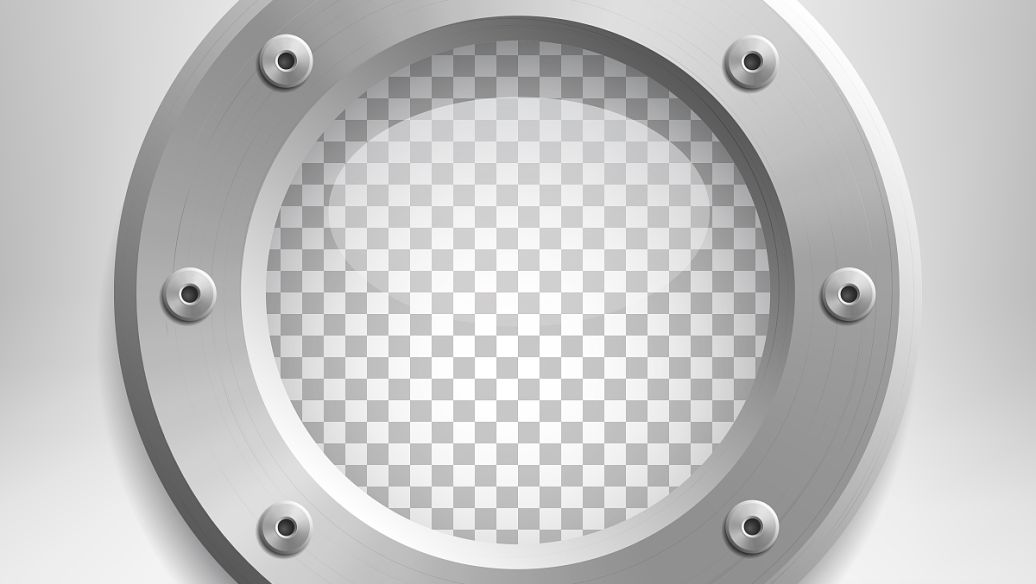
1. Noise. You can hear it as soon as you turn on the computer. If you have this sound when the light is turned on, it is probably not happy, and the use environment of the lamp is unlikely to be better than the computer. Dust brings resistance and increases power consumption, but also makes the fan short-lived. 2. Energy consumption. LED lighting talks about energy saving. Although some small fans are only a few W, they are consumed with lights for a long time, which increases energ
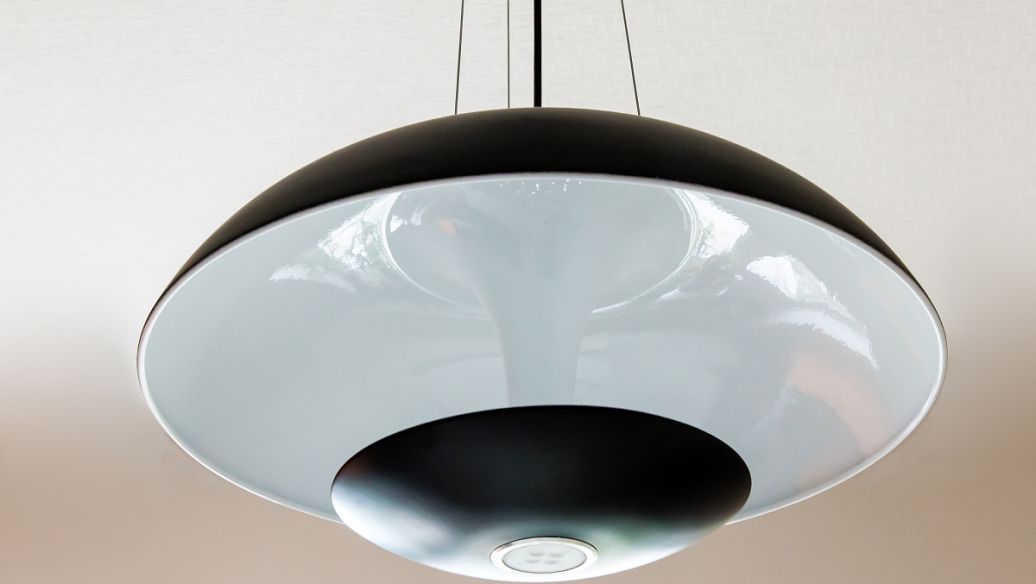
Infrared receiving tube plays an important role in people's lives, because it makes people's lives more intelligent. It can convert optical signals into electrical signals, receive, amplify, and demodulate. So in which fields is this component used? 1. Working principleAfter the infrared signal is mediated by the receiving tube, the difference between data 0 and 1 will be reflected in the length of time between high and low levels, or in the signal cycle. When the microcontroller is d
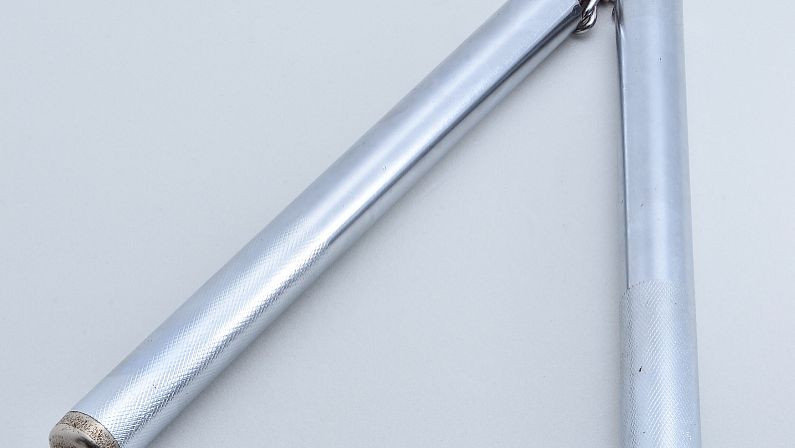
Most electrical appliances are used very frequently, and the infrared receiver will inevitably be damaged if it is used for a long time. After it is damaged, it must be replaced to ensure the normal use of the electrical appliances. So there are many such components on the market, how to distinguish the quality? It is actually very simple to distinguish the quality of the infrared receiver. First, check the workmanship of the product. The workmanship of the product should be very fine, withou

In optical communications, an avalanche photodiode (APD) is used as a receiver probe. Its characteristics of high sensitivity and high bandwidth have been widely recognized by designers. When APD works, a reverse junction pressure is required. When radiation is received, electron-hole pairs are generated. The electron-hole pairs collected by the applied electric field are converted into electric current, and the intensity of the electric current is proportional to the intensity of the rays. W
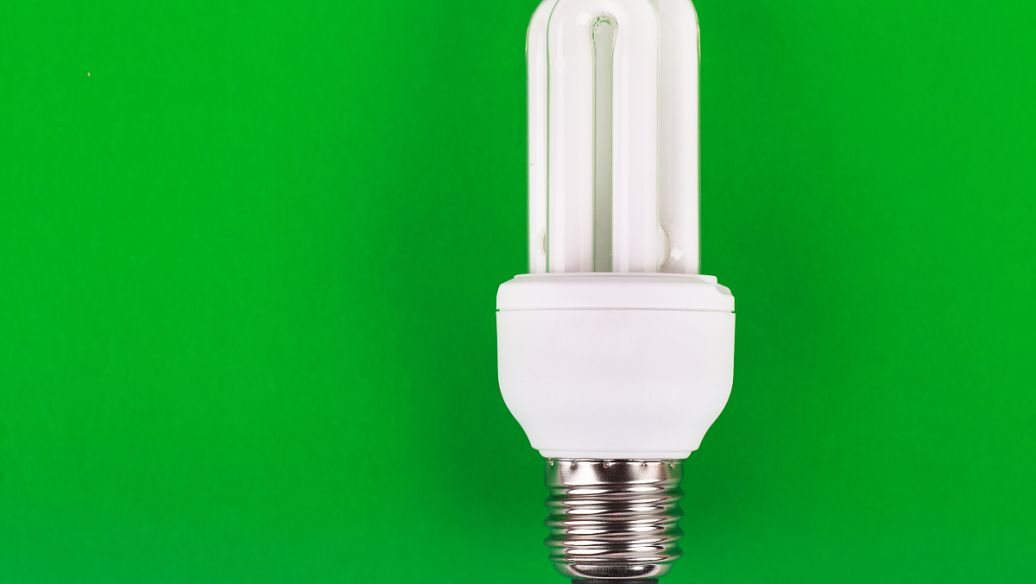
Generally speaking, the commonly used photodiodes are also called photodiodes, which are actually very similar in structure to semiconductor diodes. We can take a closer look. The die of the photodiode is a PN junction that has photosensitive characteristics. This PN junction has unidirectional development of conductivity. Therefore, during the normal operation of the photodiode, a reverse-flow voltage is also required. Generally, when there is no light, we can see that there will be a small
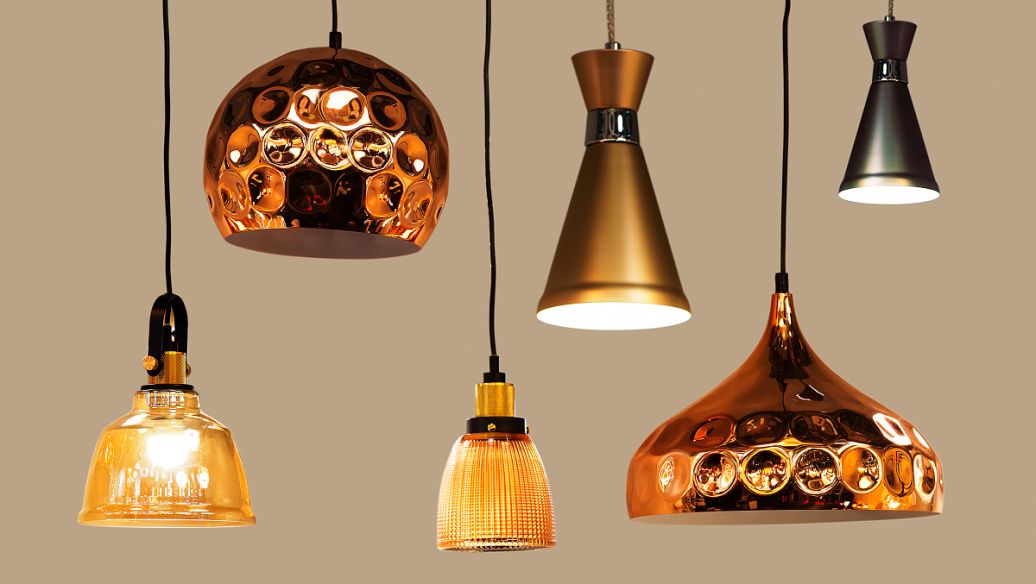
Organic photodiodes are used in a new type of instrument, the pulse oximeter, which is now used to measure heart rate and blood oxygen levels. Using organic photodiodes, multiple devices can work at the same time, and the light intensity is 10 times lower than that of traditional devices. In this way, the wearable health monitor can generate better physiological information and does not require frequent battery replacement for continuous monitoring. Other possible applications include human-mac
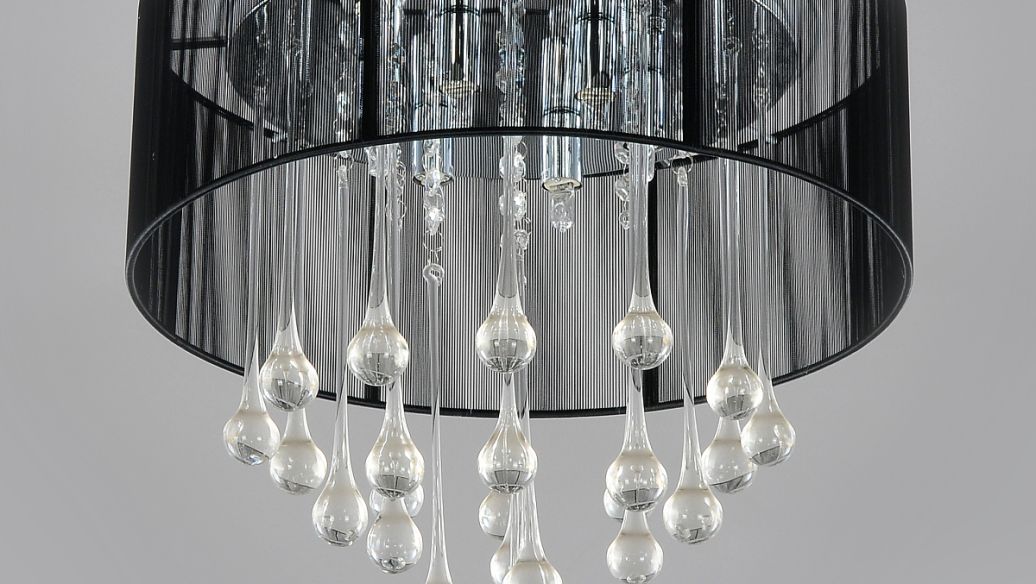
Photodiodes are popular optical components in many fields. Since the advent of organic photodiodes, the components have attracted much attention, and the future development of such components can be expected. Next, let's discuss this kind of components with the editor. Organic photodetector devices are widely used in non-contact sensing, biometric imaging and ionizing radiation detection with their adjustable spectral response, large area flexibility and simple technology. Among these sen
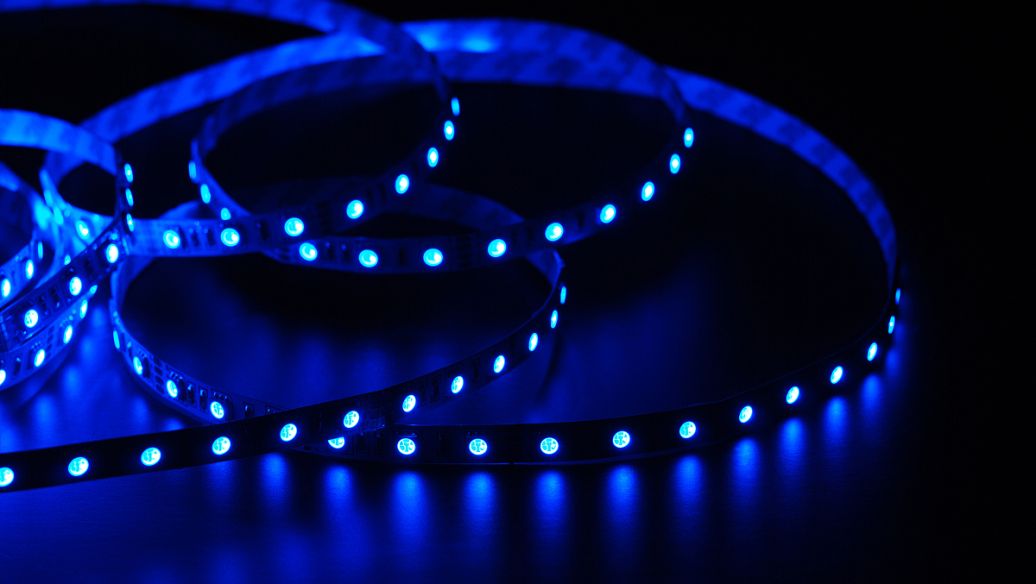
In recent years, with the acceleration of electronic information technology, the use of photodiodes has gradually increased. Commonly used are SMD photodiodes. So how do we judge the quality of SMD photodiodes? Next, let's take a look at which SMD photodiodes are easy to use! The quality of the lamp mainly depends on the internal structure of the lamp. For chip photodiodes, the internal chip is very important to the quality of the lighting source. The health of the light source is m
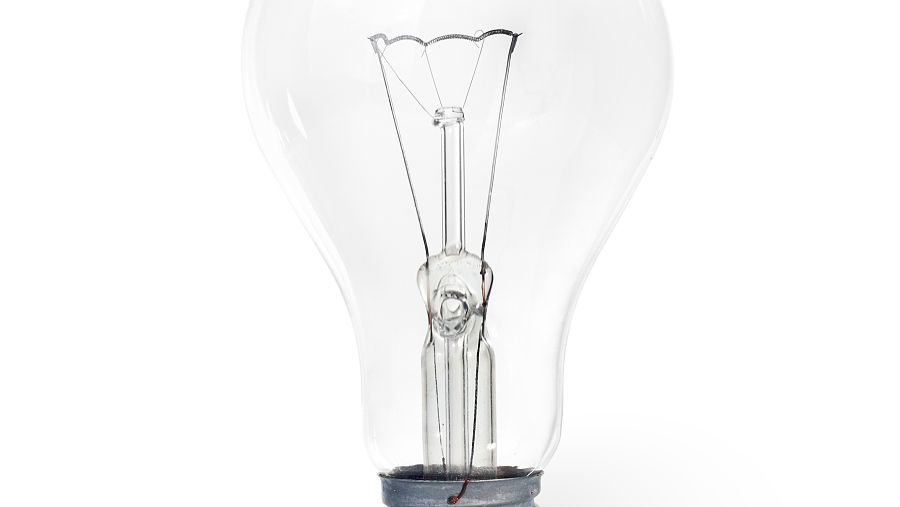
The infrared receiving head is generally an integrated head of receiving, amplifying and demodulating. After the infrared receiving head is demodulated, the difference between data 0 and 1 is usually reflected in the length of the high and low level or the signal cycle. When the microcontroller is decoded, it will usually receive The head output pin is connected to the external interrupt of the single-chip microcomputer, combined with the timer to determine the time of the external interrupt int